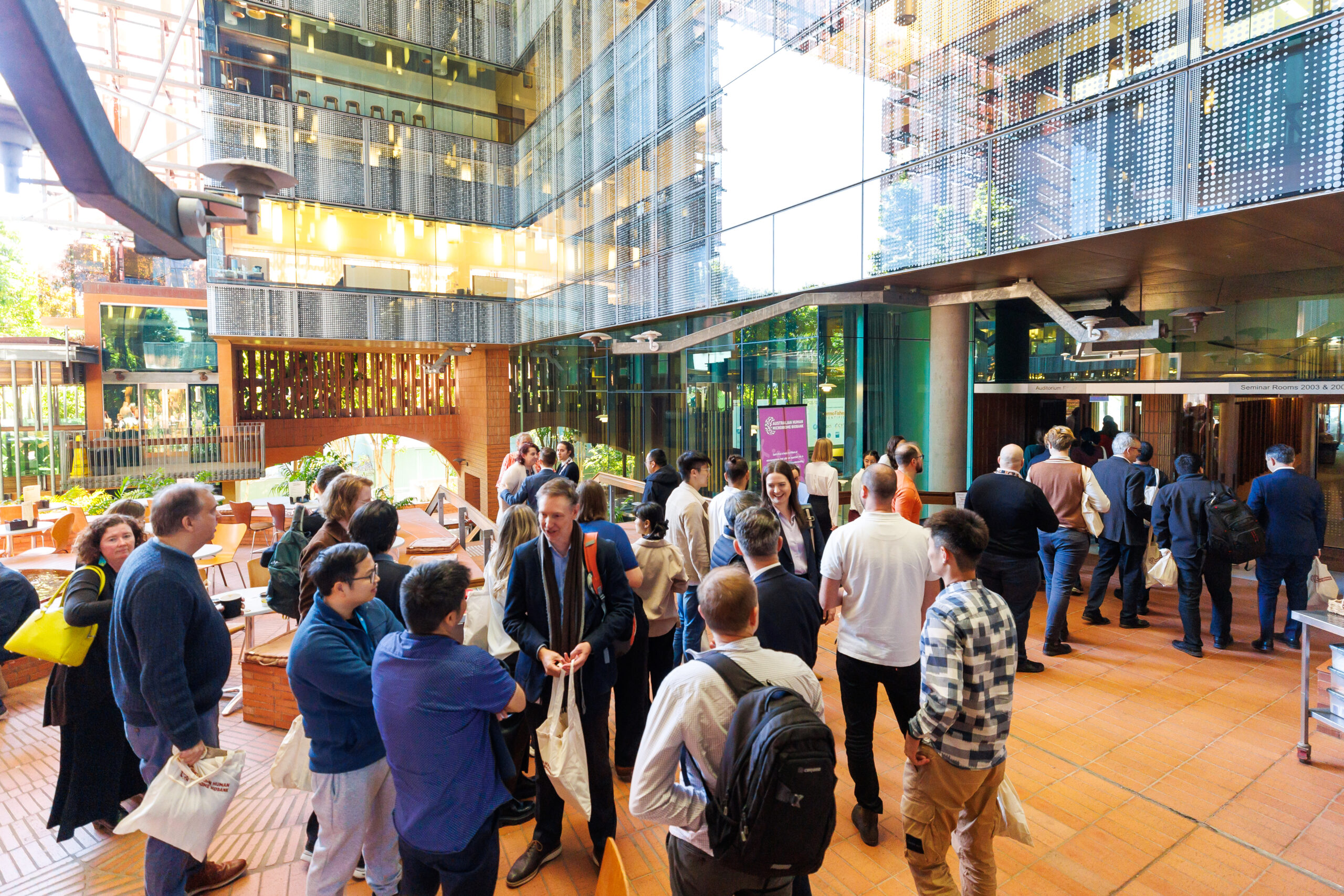The Australian Human Microbiome Biobank (AHMB) was born from our team’s recognition of the immense potential of the microbiome in human health and medicine. We’ve worked hard over the past few years to build a world-leading facility that can accelerate the development of new microbiome-derived solutions to improve human health. But none of this would matter without the most important part of the research: our donors. By harnessing the power of citizen science, we can revolutionise research into the human microbiome, creating benefits that extend far beyond the lab and into our community.
What is citizen science?
Citizen science refers to the collaboration between researchers and members of the wider community to generate new scientific knowledge1,2. Rather than simply providing samples for researchers to analyse, citizen science provides individuals with the opportunity to inform the research questions and goals, helping to reduce the gap between scientists and their community. There are several ways citizen scientists can actively participate in research, such as providing samples, collecting data or helping share research outcomes with the wider public. This approach to science can support a wide range of research, whether it’s contributing to health and medical studies or tracking species of plants or animals across Australia.
You can read more about other citizen science projects across Australia here and here.
The power of citizen science
One of the primary goals of research is to generate knowledge that can shape a better society. By increasing public engagement, the data generated through citizen science projects can be used to create real-world solutions to meet the needs of the community. As an added benefit, your active involvement can promote knowledge sharing and science literacy among the community. Taking part in citizen science research will help you discover more about your health and the world around you!
There are also major benefits for scientists. For example, by engaging with the public, researchers can collect far more data than they may be able to collect on their own. A citizen science approach can also help capture a diverse population that more accurately reflects the community being studied, which we know can lead to improved quality of research.
Perhaps best of all, citizen science offers the potential for unexpected discoveries—the questions that scientists may not have thought to ask or been able to answer without the community’s help.
Citizen science in microbiome research
Over the past few years, the importance of the human microbiome has generated overwhelming enthusiasm among scientists and the public alike. There have already been several successful examples of citizen science projects focused on the human microbiome, including Isala3, the American Gut4 and the British Gut Project5. These research initiatives are helping reshape our understanding of the microbial role in human health. But we’ve barely scratched the surface in our ability to study the thousands of different species that live in and on the human body—there’s still so much more to explore.
The AHMB: A citizen science approach
The AHMB is bringing a citizen science approach to build a collection of microbes from the human microbiome. We want to study as many of these microbes as possible, so we are collecting stool, vaginal, oral and skin microbiome samples (with the potential for more sites in the future), and participants can choose to give one or more samples.
To express our deep appreciation to our donors, we want to empower you to learn more about the microbiome by sharing blogs, quarterly newsletters, and publications of research findings. We also want to know what interests our community—share your questions here!
Is it safe to donate your samples to science?
Something we want to make crystal clear to our citizen scientists is that we never collect or store your DNA—after you give us a sample, we only collect the microbes for future studies. Any human cells are removed throughout the microbial sorting process. This means you never have to worry about the safety of your DNA. Furthermore, we have strict data sharing and privacy policies; you will remain completely anonymous, and information that can be used to identify you will never be shared with other researchers.
Want to know more about what happens to your sample when you donate to the AHMB? Click here
Together, we can drive meaningful advancements in human health
There exists a truly intimate relationship between scientists and the individuals they study. In medical research, patients or members of the community may donate a sample, and they trust scientists to honour their donation, treating it with the utmost care while conducting research that has the potential to improve people’s lives.
At the AHMB, we invite you to be part of a scientific community that is dedicated to improving human health through the microbiome. You will get to collaborate on our cutting-edge research into the human microbiome, and the microbes collected from your samples may be used to develop new ways to diagnose or treat a wide range of diseases.
With the collective power of citizen scientists, we can improve the health of individuals in our community and around the world.
Interested in donating to the AHMB? Click here to register your interest.
Want to know more?
Submit your microbiome questions, and our team will work hard to answer them!
References
- Kullenberg, C. & Kasperowski, D. What Is Citizen Science?–A Scientometric Meta-Analysis. PLoS One 11, e0147152, doi:10.1371/journal.pone.0147152 (2016).
- The Science of Citizen Science. doi:10.1007/978-3-030-58278-4 (2021).
- Lebeer, S. et al. A citizen-science-enabled catalogue of the vaginal microbiome and associated factors. Nature Microbiology 8, 2183-2195, doi:10.1038/s41564-023-01500-0 (2023).
- McDonald, D. et al. American Gut: an Open Platform for Citizen Science Microbiome Research. mSystems 3, e00031-00018, doi:10.1128/msystems.00031-18 (2018).
- Del Savio, L., Prainsack, B. & Buyx, A. Motivations of participants in the citizen science of microbiomics: data from the British Gut Project. Genetics in Medicine 19, 959-961, doi:10.1038/gim.2016.208 (2017).
The information on this website is not intended to diagnose, treat, or prevent any medical condition. See a full disclaimer here.

